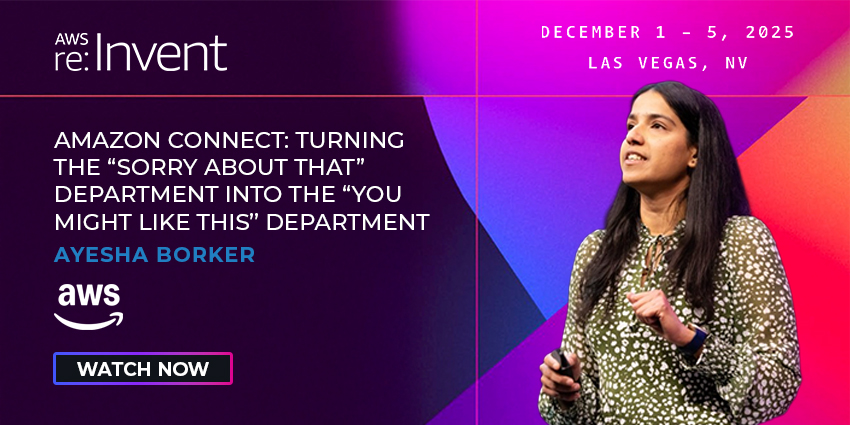AI Chatbots Consistently Underperform on Complex Tasks
Companies should let AI-powered chatbots handle simple issues and escalate complex requests to AI-supported human agents to boost outcomes, loyalty, and efficiency, according to a study by Bain & Company.

Dive Brief
- AI-powered chatbots often deliver strong results on simple tasks but consistently underperform on complex issues, based on Bain’s NPS Prism data of U.S. banks.
- On a scale of 0 to 100, digital channels score between 49 and 72 for basic tasks (e.g., transferring money), while human agents score between 44 and 54. For complex issues (e.g., disputing charges), digital channels score 31 to 53, and human agents score 44 to 63.
- A hybrid customer service approach is most effective: bots handle simple issues, and complex requests are escalated to AI-supported human agents.
Dive Insight
Businesses are rapidly deploying AI-powered chatbots to provide customer service at faster speeds and lower costs. However, they often fall short of expectations, frustrating consumers and prompting some companies to rehire human agents.
When it comes to complex issues, customers often want to speak with a human "to have someone to argue with." Even if customers don’t get the result they want, they eventually move on because they can accept an unfavorable outcome from a human.
"It’s not that the bot is worse than a person, but rather that the customer won’t accept a bad outcome from a bot," the report says.
But sometimes the bot is worse. Consumers say their No. 1 frustration with AI support is difficulty explaining their issue. Fewer than 2 in 5 consumers are confident in AI self-service as a support tool.
In the future, customers may be more willing to accept answers from AI-powered chatbots, potentially changing the number or types of calls handled by human agents. But that could take years.
"In the meantime, companies risk alienating customers by forcing them into unsatisfying interactions," the report says. "Forcing bots into situations where customers won’t accept them will only foster costly discontent."
Taking a hybrid approach can help agents find information, draft responses, and handle routine workflows more efficiently.
"The fruitful path to effective customer service starts by understanding each customer episode, then mapping the pain points and matching the channel to the need," the report says.







Comments
Join Our Community
Sign up to share your thoughts, engage with others, and become part of our growing community.
No comments yet
Be the first to share your thoughts and start the conversation!